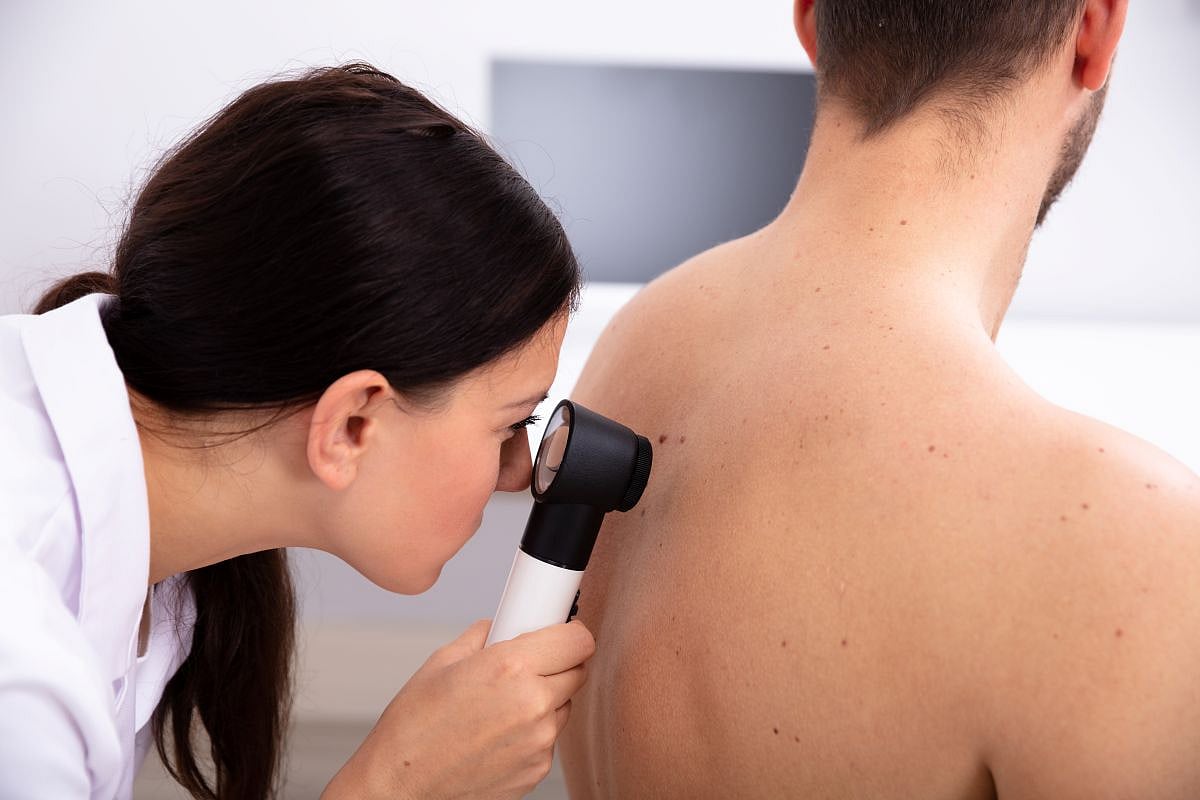
Harried parents aren’t wrong to suspect something’s changed in what is expected of them when it comes to their children’s sports activities, a new study says. Modern-day parents are spending more time, money and resources on their kids’ sports activities than moms and dads from previous generations, researchers report. “We’ve heard these stories about how… read on > read on >






























